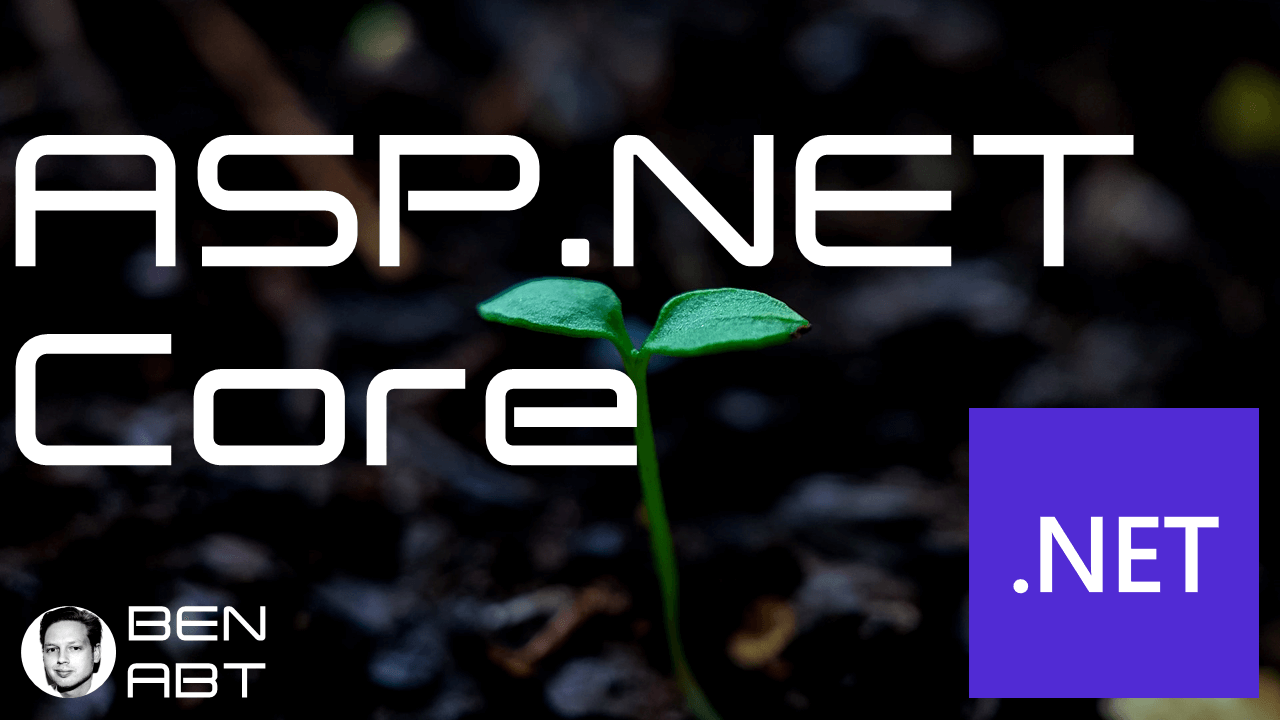Fast Parsing HTTP User Agents with .NET
While analyzing nearly 120 million requests, we noticed that one thing was dragging down our performance: parsing user agents for detecting bots and search engines.
For this task, we used the UA Parser library, which is quite widely used. Unfortunately, it is quite outdated, generates a lot of allocations and lowers our performance in its implementation.
| Method | Mean | Error | StdDev | Gen 0 | Gen 1 | Gen 2 | Allocated |
|-------------------- |-------------|-----------|-----------|---------|--------|-------|-----------|
| 'UA Parser' | 3,238.59 us | 27.435 us | 25.663 us | 7.8125 | - | - | 168225 B |
Since the alternatives are not really better, we decided to build our own parser: mycsharp/HttpUserAgentParser
During implementation, we paid special attention to the fact that this component could be part of a hot path of the application, and therefore invested a lot in optimized performance. And our implementation lives up to this expectation in comparison!
| Method | Mean | Error | StdDev | Gen 0 | Gen 1 | Gen 2 | Allocated |
|-------------------- |-------------|-----------|-----------|---------|--------|-------|-----------|
| 'UA Parser' | 3,238.59 us | 27.435 us | 25.663 us | 7.8125 | - | - | 168225 B |
| UserAgentService | 391.11 us | 5.126 us | 4.795 us | 35.1563 | 3.4180 | - | 589664 B |
| HttpUserAgentParser | 67.07 us | 0.740 us | 0.693 us | - | - | - | 848 B |
As can be seen, we generate minimal allocations, but as the only implementation no GenX load at all!
Besides the implementation itself, we also created a caching component that checks respective browser agent strings for equality and thus very widely used agents only need to be parsed once.
We also provide a Dependency Injection registration for ASP.NET Core directly.




